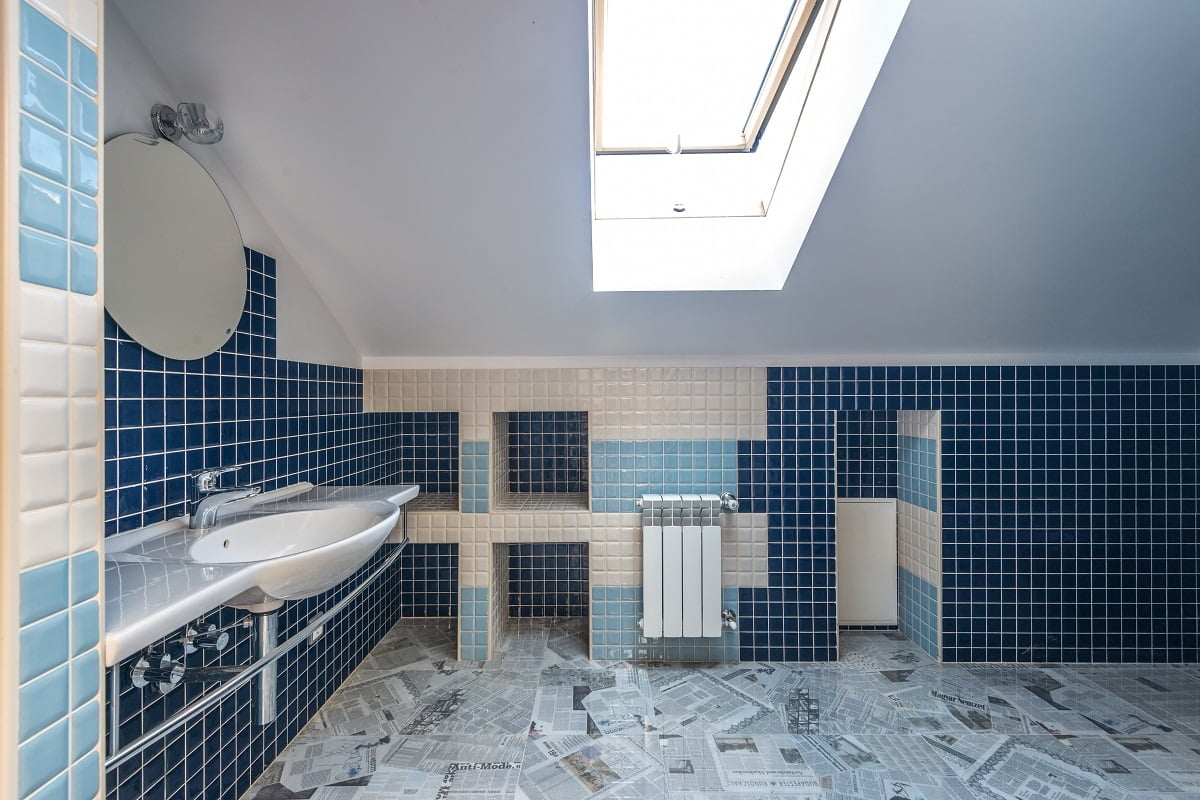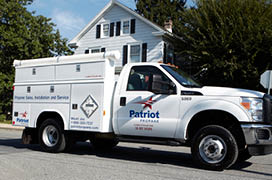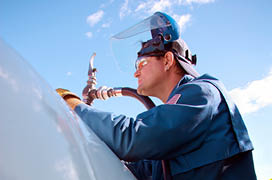If you’re thinking about converting your home’s fuel source from natural gas to propane, it can be a big decision. There are pros and cons to each of these popular fuel sources. Both are efficient, clean-burning sources of consistent heat but cost can vary based on your location and regular shifts in natural resource prices. But when you consider all these factors, propane does prove to be more of a winner.
Almost every stove can be converted from natural gas to propane. We say *almost* because natural gas works on a lower pressure than propane and there may be a few older or select models that won’t be able to handle the higher pressure of propane no matter what.

Get a conversion kit

- Ideally, when you buy a new appliance, you should make sure it comes with a conversion kit in case you do decide to convert between natural gas and propane in the future.
- For older appliances where you don’t have a kit, you can buy one separately. Be sure to read the instructions for both the kit and your appliance to ensure you can safely use the kit.
Propane is more efficient.

- Each unit of propane contains twice as much energy per unit as natural gas, so you only need about half as much propane versus natural gas to achieve the same level of heating.
- When comparing energy costs, it is important to be aware that you will need about half the amount of propane to heat to the same extent as natural gas. Therefore, the cost efficiency is roughly equal when the propane price for the same volume is about double the natural gas price. If the propane price is less than double, propane is more cost effective and if propane costs more than double natural gas, natural gas is more efficient.
- Even when prices fluctuate, propane has one big advantage. With propane, you have a tank and can try to time your purchases to when prices are low and find the best providers to fill it. With natural gas, you’re locked into the pricing of the utility company that owns your gas lines.
- It’s critical to install a tank big enough to hold several thousand cubic feet of propane on your property.
- Many people prefer to bury it under their yard to preserve their home’s appearance. This may require digging up your grass but this isn’t permanent and your yard should grow back as normal.
- Even though propane and natural gas are both fossil fuels that burn similarly, you need to convert your appliances when you make the switch.
- Most, but not all, appliances can be converted from natural gas to propane. The biggest sticking point is that natural gas is kept at a lower pressure, and some appliances can’t handle the higher pressure of propane even with adjustments.
- Because they have different densities and amounts of energy, you must switch out the valves and switches to properly control the flow when switching from one to the other.
- It is important to consult a professional when considering making the switch from natural gas to propane as the work involved is highly technical and can be dangerous if the person doing the work does not have the required experience.
Converting a Natural Gas Range to Propane
FAQ
Can I use a regular gas stove for propane?
Is there a difference between a gas range and a propane range?
Does a propane range need a regulator?
Does a propane range need to be vented?
Should you choose propane or natural gas?
“Whether you choose propane or natural gas will entirely depend on what is available in your area and what appliances are available for purchase,” Fountaine says. That might mean that urban dwellers will opt for natural gas, while people in more rural areas may choose propane, she says.
Can you use propane in a gas stove?
You can use both gas fuels in ranges, fireplace inserts, water heaters, and heating systems. Propane is also popular for fuelling grills, generators, and camping stoves. That doesn’t mean you can instantly switch between them, though.
What is a propane stove & range?
Propane stoves and ranges provide precise temperature control, instant heat, and a more professional cooking experience. Use a propane-powered clothes dryer to reduce emissions, dry clothes faster, and save money over electric models. Enjoy your outdoor space in any season!
Should you use natural gas or propane for grilling?
In the United States, natural gas is a popular choice for kitchen ranges and home heat, and propane is more familiar as the bottled heat source for grilling. That’s not the case in all homes. If a natural gas supply isn’t an option, propane is also used for home heat and cooking.
